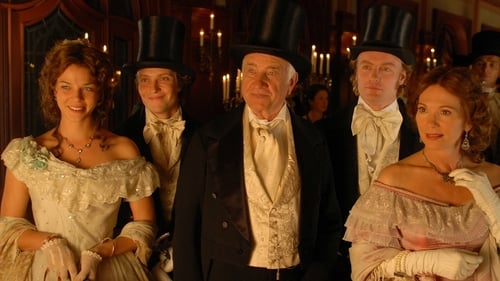
Editor
In connection with Horst Wegener's new song "Werden", he and Arne Schramm made the short film "Schweigemahl" about experienced discrimination. Using expressive images of everyday racism, the film tells the story of a German family with a black mother and a white father who work as theatre actresses and directors - and their process of reflection on the fact that even in a family marked by diversity, subliminal and obvious racism is omnipresent. A call to acknowledge one's own racisms and to question the structural inequality that still persists.

Director
In connection with Horst Wegener's new song "Werden", he and Arne Schramm made the short film "Schweigemahl" about experienced discrimination. Using expressive images of everyday racism, the film tells the story of a German family with a black mother and a white father who work as theatre actresses and directors - and their process of reflection on the fact that even in a family marked by diversity, subliminal and obvious racism is omnipresent. A call to acknowledge one's own racisms and to question the structural inequality that still persists.

Cuando Bertha muere, su nieta Iris hereda su casa y se encuentra nuevamente en la casa donde ella y su prima solían jugar a disfrazarse en las vacaciones de verano. Mientras pasea de una habitación a otra, recorre los recuerdos y las cosas que había olvidado: ¿qué hizo realmente su abuelo antes de ir a la guerra? ¿De qué hombres estaban enamoradas las hijas de Bertha?

Küchenmagd Trine
Los Buddenbrooks es la adaptación cinematográfica de la novela de Thomas Mann que retrata con mucho amor y gran alcance cinematográfico el auge y la decadencia de una familia de mercaderes, inserta en la aristocracia en Lübeck, en su lucha y sacrificio para poder sobrevivir económicamente y su búsqueda de la felicidad y del amor imposible.



